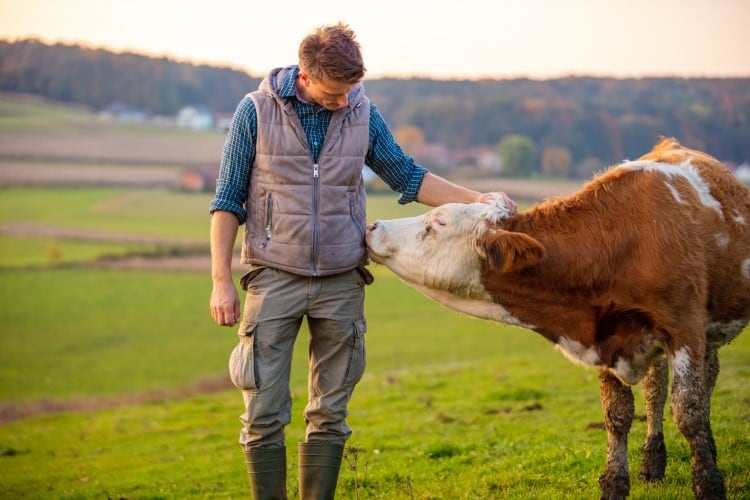The new capital structure is said to be more flexible as Fonterra aims to retain more farmers within the co-op and maintain a sustainable milk supply while giving something back to all supplying shareholders.
The proposals received a ‘strong’ farmer mandate in December 2021, with more than 85% of the total number of farmer votes cast in support of the recommendation. Since then, the co-operative has been working with the New Zealand government to get related changes made to the Dairy Industry Restructuring Act. The legislation was finally passed at the end of November 2022.
What’s new in Fonterra’s Flexible Shareholding?
The level of compulsory investment will be lowered, with farmers set to hold one share for every 3kgMS of milk supplied instead of one share per 1kgMS.
In addition, the co-op is capping the shareholders’ fund and moving to a farmer-only market, which means that the farmers will set the prices at which they buy and sell shares without the traded prices being influenced by external investors.
Fonterra is also set to bring in associated shareholders, to allow share milkers, contract milkers and farm lessors to buy and sell shares. The co-op is set to publish eligibility criteria later on, but says ‘The guiding principle will be that, because associated shareholders are not the supplier of milk to our Co-op under our Terms of Supply, they will only be eligible to own dry shares allocated to them by their supplying shareholder. These shares will not carry any votes given they will not be backed by milk supply.’
There will be provisions for so-called extended exits, to offer farmers who have ceased supply with longer timeframes to arrange the sale of their shares in the co-op.
Finally, joining the co-op will be easier, with newly-joined farmers set to be given six seasons to achieve the 33% minimum holding. This is done to allow suppliers a similar timeframe to catch up with existing Share-Up Over Time contracts. “In the first season, new suppliers will only be required to hold 1,000 shares, and the remainder would be split evenly over the following five seasons,” the co-op explains. Share-Up Over Time contracts will no longer be offered, and existing ones will be reduced to reflect the 33% minimum holding and the contract fee under all existing contracts will be set to zero.
Implementation
Flexible Shareholding is most likely to commence in late March 2023, although a final implementation date will be confirmed during the co-op’s interim results, currently scheduled for March 16, 2023.
Reflecting on the new capital structure, Fonterra chairman Peter McBride said: “Our co-operative is already making good progress towards our 2030 strategic goals, and we believe moving to our Flexible Shareholding structure will help ensure that we stay on track.
“We believe late March is the best date for implementation because it avoids our share trading black-out period associated with the co-op’s interim results. The black-out period would impact our ability to support liquidity in the market via the Transitional Buyback, which is part of the package of liquidity measures of up to NZ$300 million that we have previously announced.
“It also gives shareholders time to fully digest the detailed information we will be sending through ahead of the implementation date, and to seek advice from their financial advisors. We are mindful that it’s a busy time on farm, and that advisors may not be available over the summer holidays.”



